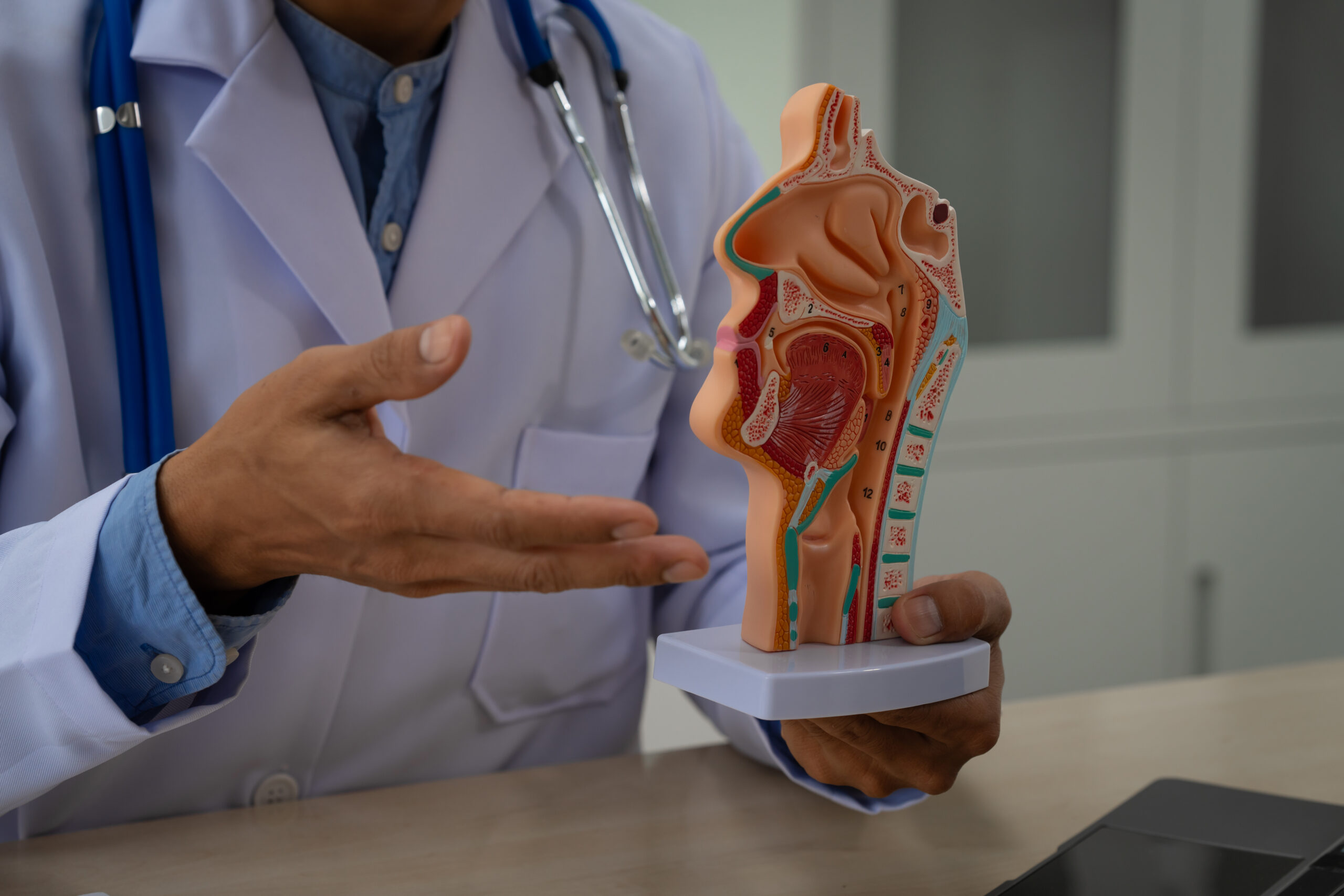Do your period blues feel more intense than they should be? Do you feel irritable, helpless and even angry when it’s that time of the month? Experiencing severe negative emotions and extremely painful periods could be a sign of endometriosis.
You are not alone. We recently ran a survey with our female users, and close to half of them reported decreased emotional wellbeing due to endometriosis symptoms. It can be emotionally trying to deal with the discomforts of period pains. Here are five ways to better cope with endometriosis and improve your mood when you’re having your period.
Be aware of your emotional triggers during your period.
The best way to cope with endometriosis-related mood changes is to be aware of potential triggers. Take note of the changes in your mood, and notice if there are common patterns that may have been the reason for your emotions.
While you can’t avoid being in situations with your emotional triggers, knowing what they are can help you deal better with your emotions. Some activities you can do to feel better quickly are exercise, deep breathing and meditation.
Seek support from your loved ones.
Suffering from endometriosis can feel isolating, especially if your friends and family don’t understand what the condition is. Reach out to your loved ones and share your experience with them, as well as let them know various ways they can offer support. This can improve their understanding of your condition and the lifestyle changes you need to make.
Additionally, some women suffering from endometriosis may also experience pain during sex. Communicate to your partner about this and compromise with alternative ways to keep the spark alive. Physical intimacy can be created in a variety of ways, from cuddling to foreplay, and it all starts with an honest conversation with your loved one.
With the above being said, you might still like to seek for further support online, which leads us to our next point.
Look out for endometriosis support groups.
It’s estimated that endometriosis affects around 10% of women worldwide. As more attention is brought to highlight this condition in recent years, you may be able to find communities online who can provide you with support. For example, support groups in your local area often establish an online presence on social media – all it takes is a little searching.
These connections can provide you with lived experiences and coping strategies that might help you better manage the emotional impacts of endometriosis. Such spaces also give you an outlet to share openly and honestly about your feelings.
Treat yourself with patience and care.
You might be tempted to give in to negative self-talk or compare yourself with your peers. While it may be difficult, try your best to avoid self-sabotaging behaviours or mindsets and try focusing on things you’re thankful for. Swapping impatience with gratitude is a mindset shift that will build your mental resilience and improve your mood too.
Living with endometriosis isn’t easy, but you have the power to make it a little easier. Show as much love and patience to yourself as you would a close friend!
Don’t suffer in silence. If the pains you experience disrupt your daily routine, see a GP for treatment options to help lessen endometriosis symptoms.







